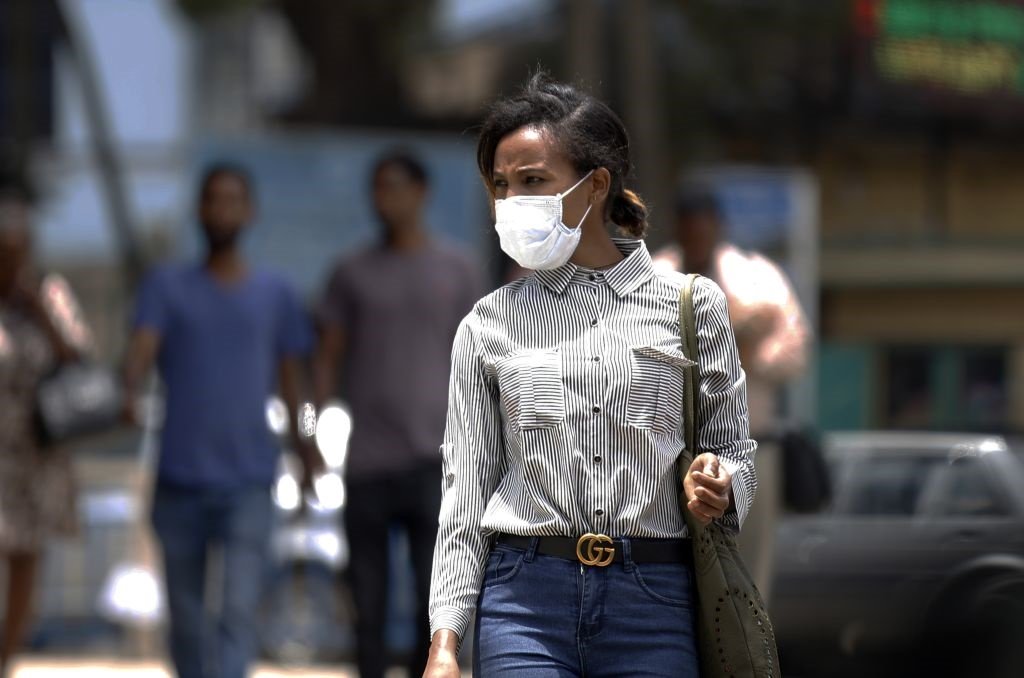

Ethiopia on Wednesday declared a state of emergency to fight the coronavirus pandemic, which has so far infected 55 people and resulted in two deaths.
It is the first state of emergency announced under Prime Minister Abiy Ahmed, who came to power in 2018 and won last year’s Nobel Peace Prize in part for expanding political freedoms in the authoritarian nation.
“Because the coronavirus pandemic is getting worse, the Ethiopian government has decided to declare a state of emergency under Article 93 of the constitution,” Abiy said in a statement.
“I call upon everybody to stand in line with government bodies and others that are trying to overcome this problem,” he added, warning of “grave legal measures” against anyone who undermines the fight against the pandemic.
The attorney general’s office issued a statement specifying that the state of emergency would go into effect from Wednesday and last for five months.
Violators of the terms of the state of emergency face up to three years behind bars, it said, although it did not specify what constituted a violation or which rights might be suspended.
It was thus not immediately clear how the state of emergency would affect day-to-day life in Ethiopia.
Closed borders
Since reporting its first Covid-19 case on 13 March, Ethiopia has closed land borders and schools, freed thousands of prisoners to ease overcrowding, sprayed main streets in the capital with disinfectant, and discouraged large gatherings.
But Abiy said over the weekend that a harsher lockdown would be unrealistic given that there are “many citizens who don’t have homes” and “even those who have homes have to make ends meet daily.
